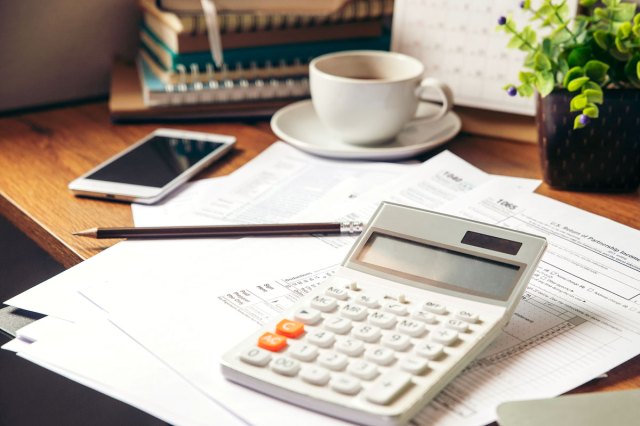One of the lingering stresses of a new year is the looming deadline for filing your taxes. As your tax forms begin to arrive during the first few weeks of the year, it’s up to you — whether solo, using a tax program such as TurboTax, or consulting a trusted accountant — to submit everything by the April 15 deadline. But is it better to get your taxes out of the way earlier or later? Here are some things to keep in mind when it comes to filing your taxes.

The Deadlines
Taxes are due annually on April 15, but that doesn’t mean you have to wait until then to file. The IRS doesn’t start processing tax returns until January 29, so any time after that date is a good time to begin. If you want to apply for an extension and are filing as an individual, you also have until April 15. An extension gives you six months — until October 15 — to file your taxes. People often file for extensions due to unforeseen life events or being out of town during tax season.

Why You Should File Early
Most experts agree that the best thing to do — especially if you don’t have particularly complicated taxes to file — is to get your taxes done once you have all your necessary paperwork together. If you’re eligible for a refund, the sooner you file, the sooner you’ll get that check from Uncle Sam.
Additionally, cybercrime, phishing scandals, and info leaks continue to wreak havoc on people’s finances. Filing early allows you to avoid criminals who might try to commit tax fraud on your behalf. The longer your documents are left sitting, the sooner someone may attempt to use your personal information to get access to your refund.
The best and cheapest time to file taxes is February to early March. Filing in this date range will also help you avoid hidden costs and fees. If you are forgetful and don’t hit the April 15 deadline, you could get hit with a hefty late fee penalty. And if you wait until the last minute to buy a tax program or hire an accountant, you might be charged higher rates than you would if you got started earlier.

When Should You Wait Until April 15?
Sometimes, circumstances may require you to put things off until late March or early April — and that’s okay. You are not penalized for filing taxes the day they are due. Sometimes, it’s best not to file until the due date if you’re waiting on documents or have a particularly complex set of taxes to do that year. However, the more seamless you can make the process, the better.
If you’re part of a trust or a small business owner, you may also want to wait so that you can put some additional funds into your retirement before filing taxes. Making a last-minute contribution to an IRA or other retirement savings plan may help lower your tax bill. However, it’s important to be aware of income limits to see if you are eligible for a tax deduction.
Reader Favorites

Documents You Need to File Taxes
Whether you are filing at home or relying on a tax preparer, you need these basic documents:
• A Social Security or tax ID number
• An unexpired government ID (driver’s license or passport)
• Income forms (W-2, 1099-G, etc…)
You might need additional documentation based on your marital status, dependents, and other attributes, such as your savings and investments. You can ask for more information from an accountant or use a checklist to determine the documents you must file this year.
Featured Image Credit: Delmaine Donson/ iStock
More From Our Network
Better Report is part of Inbox Studio, which publishes content that uplifts, informs, and inspires.













